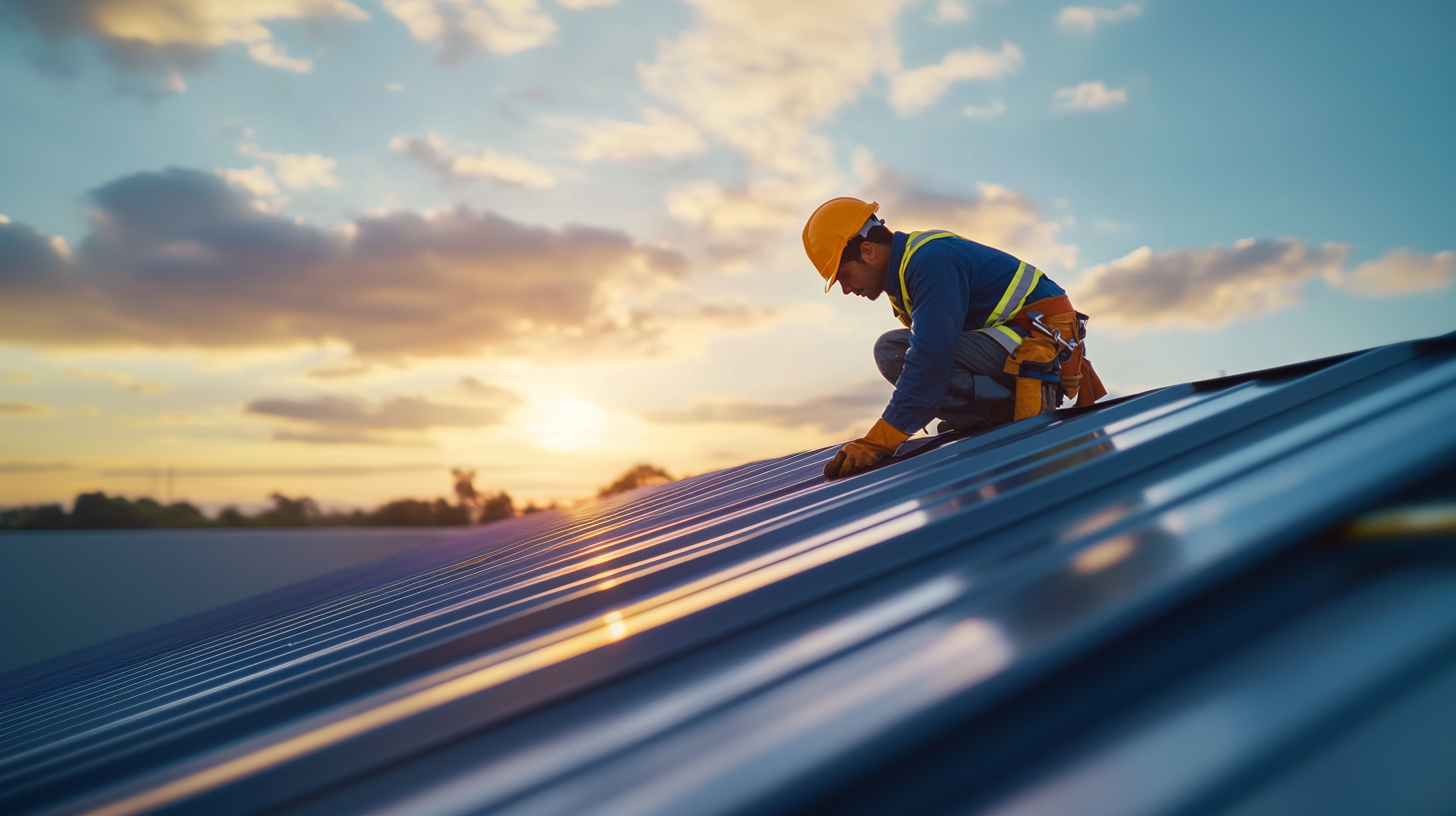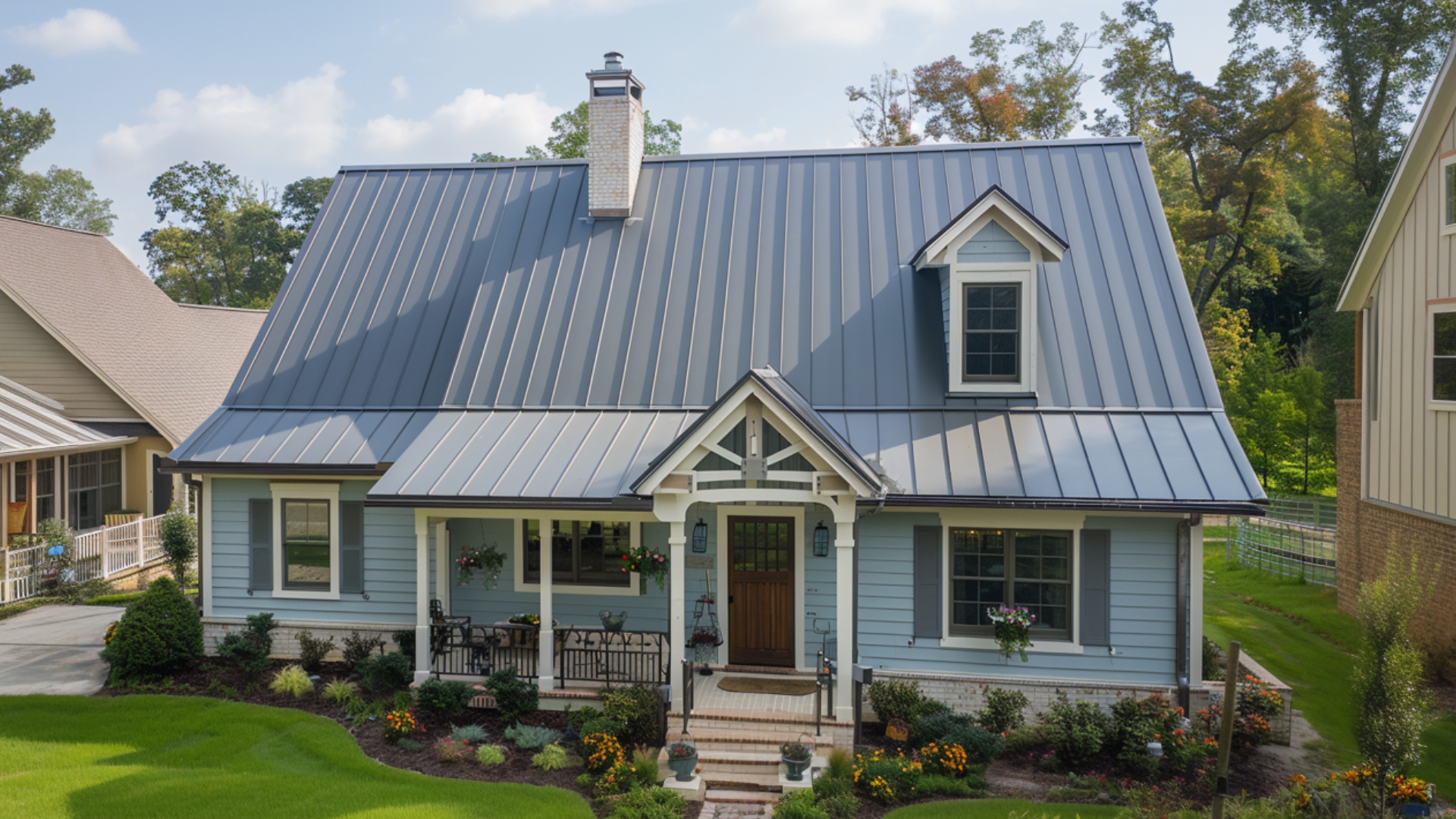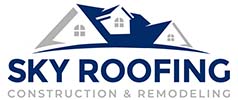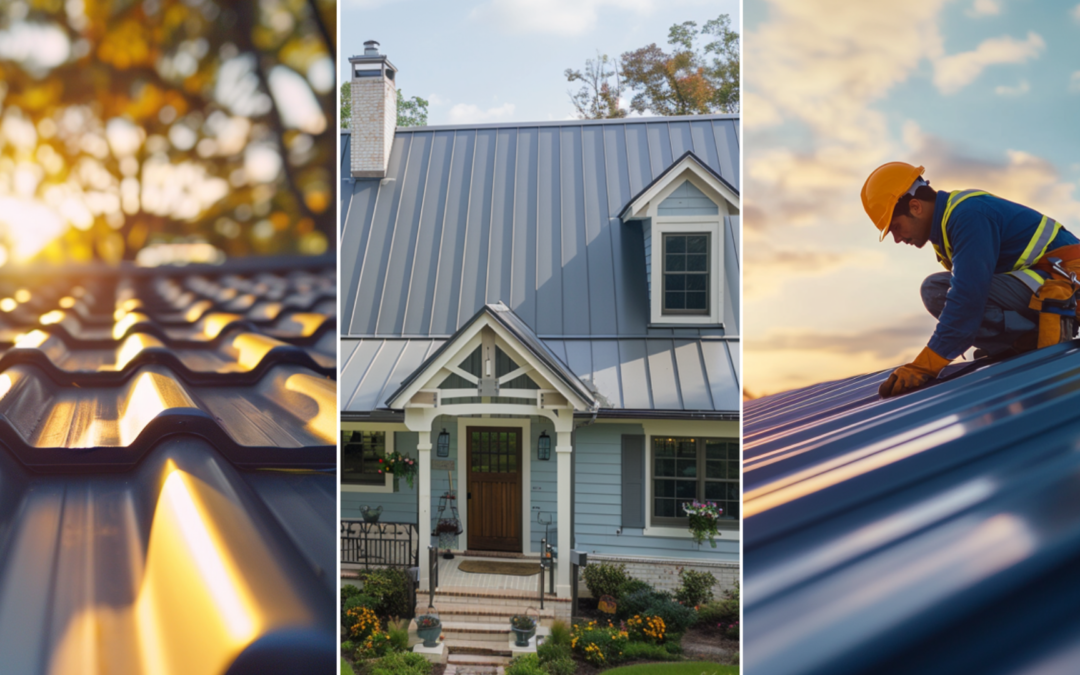Introduction to Roof Inspections
Roof inspection hourly rates can vary significantly based on factors such as the complexity of the roof, the property’s location, and the inspector’s level of expertise: regional cost variations and the specific requirements of the inspection influence these rates. By understanding the expenses involved, homeowners can better plan for regular inspections, which are critical for identifying potential issues like leaks, wear and tear, or structural damage. For any person concerned about their roofing system, staying informed about inspection pricing helps assess the value of professional services and make informed decisions. This ensures that they prioritize roofing maintenance and protect their investment over time.

Roof Inspection Hourly Rates - Importance of Regular Roof - Sky Roofing Construction & Remodeling
Importance of Regular Roof Inspections
Regular physical roof inspections are essential for homeowners, as they play a crucial role in the early detection of potential issues like water damage or compromised structural integrity. By identifying problems early, homeowners can address minor issues, such as damaged gutters, before they escalate into costly roof repairs. Routine assessments conducted by roofing estimators help address concerns related to types of roofing, roof size, pitch, and material condition, ultimately contributing to the roof’s longevity and saving on replacement costs.
Maintaining a regular inspection schedule allows homeowners to catch issues like water damage, wear and tear, leaks, or other problems that may go unnoticed. This proactive approach ensures safety and preserves the overall integrity of the home.
Regarding financial benefits, regular roof inspections can lead to considerable cost savings. By resolving minor problems promptly, homeowners can avoid the hefty expenses associated with major repairs or complete roof replacements down the line. Additionally, partnering with a licensed roofing contractor helps ensure that inspections are thorough and that any required repairs adhere to industry standards. Obtaining accurate roofing estimates and understanding the cost implications of different types of roofing can also aid in budget planning. By maintaining a healthy roof, homeowners protect the home’s value, making inspections a wise investment. Ultimately, routine inspections can save homeowners time, money, and stress in the long run.
Overview of Various Types of Roof Inspections
Understanding the various types of professional roof inspections is crucial for homeowners and property managers to maintain the integrity of their structures. These physical inspections are essential for assessing the roof material and overall condition, allowing for the early identification of potential issues such as roof damage or water stains. Addressing these problems early can help prevent costly repairs to the entire roof.
Routine inspections, whether for asphalt shingles, a sloped roof, or other types of roofing, are conducted regularly to monitor the roof’s health. These assessments are particularly beneficial for the early detection of minor problems, ensuring long-term durability. On the other hand, preventive maintenance inspections focus on vulnerable areas prone to wear and tear, such as roof material connections. These inspections are typically scheduled before severe weather seasons. They may require an additional team or special equipment to access roofs, including an attic inspection to detect hidden issues, enabling proactive measures to extend the roof’s lifespan.
Post-storm assessments are critical after significant weather events. They help identify roof damage caused by high winds, hail, or heavy rain, allowing for timely repairs and minimizing further risks. For property managers, commercial roof inspections are essential to ensure that roofs on commercial projects are maintained at high standards, helping to avoid expensive types of failures. Knowing the appropriate type of inspection required and the timing of roof inspections can significantly enhance the effectiveness of roof maintenance strategies, ultimately saving time and money in the long run.

Roof Inspection Hourly Rates - Understanding Hourly Rates - Sky Roofing Construction & Remodeling
Understanding Hourly Rates for Roof Inspections
Understanding the hourly rates for roof inspections is essential for homeowners and property managers looking to maintain the integrity of their roofs. These inspections, including drone roof inspections for hard-to-reach areas or steep roofs, play a crucial role in identifying potential issues, ensuring safety, and preventing costly repairs. Knowing the typical price range for these services helps you budget effectively and make informed decisions when hiring professionals.
The actual cost of a roof inspection can vary depending on factors like the complexity of the inspection, the type of roof (such as metal roofing or the simplest type like asphalt shingles), and the inspector’s experience. For residential roofing jobs, factors such as roof slope and accessibility may also influence the pricing. Additionally, roofing estimators consider the types of roofing involved and whether the roof condition documentation requires special attention, which may add to the additional expense.
In high-tech inspections like drone roof inspections, the percentage of roofs requiring such specialized assessments may see higher costs. However, these methods can enhance the accuracy of inspections, particularly for larger or more expensive roofs. Knowing these factors allows you to gauge whether you receive fair pricing and quality roofing services. Ultimately, understanding these hourly rates empowers you to protect your investment and ensure your roofing system’s longevity while factoring in residential and commercial roofing jobs.
Definition and Factors Influencing Hourly Rates
A roof inspection service plays a vital role in assessing the condition of roofing materials, including composition shingles or asphalt roofs, and identifying potential structural issues. Regular inspections can prevent costly repairs, making them an essential aspect of roof maintenance for any residential property. The rate structure for inspections can vary due to several factors.
The complexity and size of the roof, whether it’s an asphalt roof or another type of roofing, play a significant role in determining costs. Residential roofing jobs with accessible roofs are typically easier to inspect, while steep or multi-faceted roofs require more time and expertise, affecting the range of prices. Roofing estimates also consider the materials involved, like composition shingles, and whether specific shingle manufacturers have special requirements.
The inspector’s actual roofing experience and certification influence the pricing as well. Professional roofing companies with seasoned experts often command higher fees due to their quality roofing services. Roofing estimators also account for the geographic area since regional cost differences can cause fluctuations in rates across different locations.
Market trends and seasonal demands further impact costs. For instance, during peak seasons like spring and fall, when weather-driven concerns are prevalent, inspection requests for residential property increase, which may result in higher pricing and limited availability. Understanding these variables allows homeowners to budget effectively for roof inspection services, ensuring informed decisions regarding their roofs’ health and maintenance.

Roof Inspection Hourly Rates - Average Cost of Roof - Sky Roofing Construction & Remodeling
Average Cost of Roof Inspections
Understanding the average cost of roof inspections is crucial for homeowners and owners of commercial properties aiming to preserve their roof’s condition and avoid costly repairs. Several factors, including the size, roof pitch, sloped roof design, and the type of inspection required, influence the price of a roof inspection. Larger roofs, especially those on commercial properties, often demand more time and labor. In contrast, steeper or more complex roof designs increase the difficulty of the inspection process, requiring the expertise of a roofing expert. Local economic factors, such as service demand and regional labor costs, also significantly determine prices.
Homeowners should also consider the type of inspection required, such as a standard check or a more specialized infrared roofing inspection, which uses thermal imaging to detect hidden issues. These more advanced types of inspection may incur additional costs, especially if an extra team or specialized equipment is needed. Insurance companies may require a roof certification from a licensed professional, particularly for property sales or claims, adding to the overall expense.
By considering these elements, homeowners can understand what to expect regarding inspection costs and ensure they invest in a service that provides value and peace of mind. While basic inspection fees may cover standard assessments, homeowners should be aware of potential additional costs for specialized inspections, such as thermal leak detection or certifications. Regular roof maintenance through inspections ensures early detection of issues, which can save significant costs compared to repairs resulting from neglected roofs.
Breakdown of Average Costs Across Different Regions
Understanding roof inspection hourly rates is crucial for homeowners and property managers alike, as it not only aids in budgeting but also helps in making informed decisions when hiring professionals. Drone roof inspection costs can vary significantly, particularly for complex inspections of sloped or large roofs measured in square feet. Costs can differ based on factors such as local labor rates, the roof pitch, the type of inspection required, and regional market demands. For instance, specialized inspections like the attic or advanced infrared roofing inspections can incur higher fees.
By familiarizing themselves with these average costs and using a cost calculator, clients can better assess whether a proposed rate is fair and competitive. This knowledge also helps homeowners determine if additional expenses, such as those associated with roof certification for insurance purposes, are justified. In some cases, the costs of roof inspections can run into thousands of dollars, especially for extensive or highly specialized inspections.
This understanding empowers homeowners to prioritize necessary inspections and maintenance, ultimately ensuring the long-term integrity of their roofs. The following section will summarize average roof inspection costs across various regions, highlighting the discrepancies and what influences these price differences.
Comparison with National Averages
Understanding roof inspection hourly rates starts with recognizing national averages, which can serve as homeowners’ benchmarks. On average, these rates can vary widely due to several factors. Regional variations may arise from climate conditions—excessive weather can lead to more wear and tear, necessitating thorough inspections of roofing materials and 50-year roofs. Additionally, local building regulations may demand comprehensive assessments, impacting the cost. Labor costs also vary by region due to the demand and availability of skilled workers, which influences the overall cost of the roof job.
Homeowners can make more informed decisions when hiring roofing companies by comparing local rates to national averages. This insight enables them to identify competitive pricing while ensuring they don’t compromise on quality roofing. Awareness of these averages helps distinguish between standard practices and potentially inflated rates, ensuring they understand any additional costs associated with specialized inspections like drone or infrared inspections. The type of inspection required and the square feet of the roof can also affect pricing.
This knowledge empowers homeowners to select trustworthy professionals for residential roofing jobs and professional roof consulting. Understanding these factors allows for better budgeting and planning, ensuring a more transparent and satisfactory roofing experience.
Navigating Roof Inspection Hourly Rates: Making Informed Roofing Choices
Tasha Davis is a knowledgeable contributor to Sky Roofing Construction & Remodeling, with a specialty in roofing project management and customer service excellence. Tasha’s experience in overseeing large-scale roofing projects ensures that her writing is both practical and customer-focused, providing homeowners with tips on navigating the roofing process smoothly and ensuring their satisfaction from start to finish.

